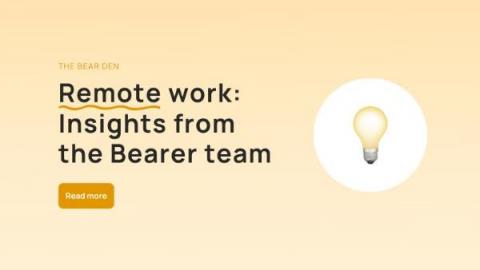Building a Circuit Breaker in Node.js (Part 1)
Circuit breakers were originally designed to protect electrical circuits from damage. Software development has adopted the concept as a type of resiliency pattern and it can now be found commonly in the cloud-native and microservices stacks. They can also be valuable in any codebase that needs to offer more flexibility, especially when relying on third-party APIs. Welcome to Part 1 of this two part series on building a circuit breaker in Node.js.



